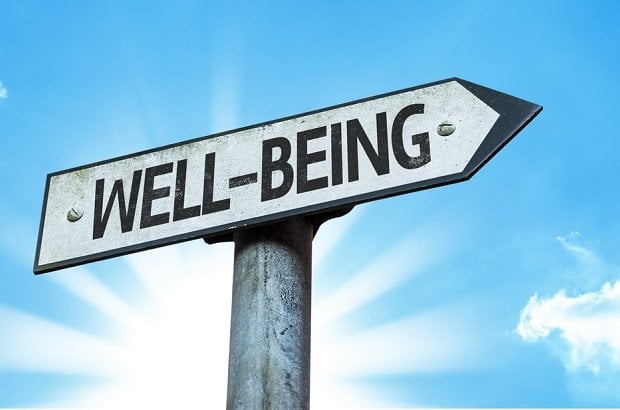
The COVID-19 pandemic caused far-reaching changes in the ways Americans live, work and play. These changes continue to have a significant impact on health, finances and overall wellbeing.
"We have seen the effects of this in demands on health care providers to adopt telemedicine practices; on government organizations to provide community and financial supports; and also on workplaces, where myriad changes occurred across every level of occupational category," according to the Sharecare Community Wellbeing Index for 2021. "Working populations witnessed firsthand efforts to advance diversity and inclusion efforts; expanded vacation and benefits offerings; enhanced transparency from leadership; the provision of new resources and flexibility in how work can be done; and so much more."
Recommended For You
Complete your profile to continue reading and get FREE access to BenefitsPRO, part of your ALM digital membership.
Your access to unlimited BenefitsPRO content isn’t changing.
Once you are an ALM digital member, you’ll receive:
- Breaking benefits news and analysis, on-site and via our newsletters and custom alerts
- Educational webcasts, white papers, and ebooks from industry thought leaders
- Critical converage of the property casualty insurance and financial advisory markets on our other ALM sites, PropertyCasualty360 and ThinkAdvisor
Already have an account? Sign In Now
© 2025 ALM Global, LLC, All Rights Reserved. Request academic re-use from www.copyright.com. All other uses, submit a request to [email protected]. For more information visit Asset & Logo Licensing.








